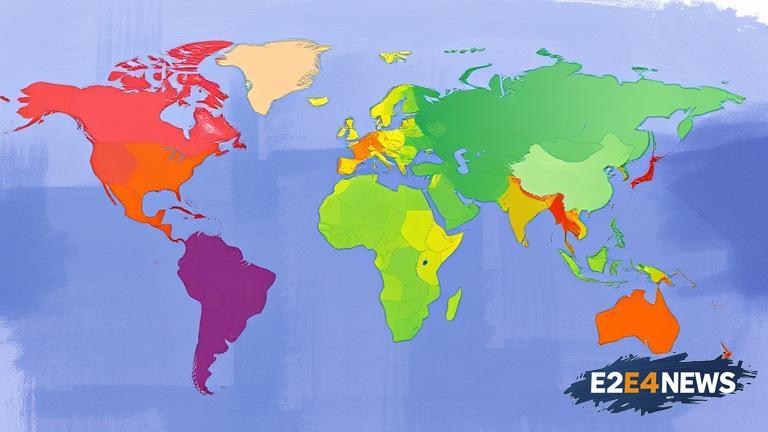The global dementia research landscape is facing a critical challenge: a lack of diversity and representation in studies. Despite the growing burden of dementia worldwide, research has historically been conducted primarily in high-income countries, with a focus on Western populations. This has resulted in a significant gap in our understanding of dementia in low- and middle-income countries, where the majority of people with dementia reside. To address this issue, there is a pressing need for more inclusive and representative research studies. This can be achieved by increasing funding for dementia research in low- and middle-income countries, as well as promoting collaboration and knowledge-sharing between researchers from diverse backgrounds. Furthermore, studies must be designed to take into account the unique cultural, social, and economic contexts of different regions. For instance, research has shown that dementia is often stigmatized in many cultures, leading to delayed diagnosis and inadequate care. By acknowledging and addressing these cultural barriers, researchers can develop more effective interventions and support systems for people with dementia and their caregivers. Additionally, there is a need for more research on the specific risk factors and causes of dementia in different populations. For example, studies have found that certain genetic variants are more common in African and Asian populations, which may contribute to the higher prevalence of dementia in these groups. By investigating these factors, researchers can develop targeted prevention and treatment strategies. The importance of global dementia research cannot be overstated, as the disease is projected to affect over 150 million people worldwide by 2050. The economic burden of dementia is also significant, with estimated global costs exceeding $1 trillion annually. To mitigate this burden, it is essential that researchers, policymakers, and healthcare professionals work together to develop effective solutions. This includes investing in dementia research, improving healthcare infrastructure, and providing support and resources for people with dementia and their caregivers. In recent years, there have been efforts to increase diversity and representation in dementia research, including the launch of global initiatives and collaborations. For example, the World Health Organization (WHO) has established a global dementia research network, which aims to promote collaboration and knowledge-sharing between researchers from different regions. Similarly, the National Institute on Aging (NIA) has launched a program to support dementia research in low- and middle-income countries. These initiatives are a step in the right direction, but more needs to be done to address the significant gaps in our understanding of dementia globally. Ultimately, the goal of global dementia research should be to develop effective solutions that can be applied in diverse contexts, improving the lives of people with dementia and their caregivers worldwide. By working together and prioritizing inclusive and representative research, we can make significant progress in addressing the growing burden of dementia. The time to act is now, as the consequences of inaction will be severe. We owe it to ourselves, our families, and our communities to take action and ensure that dementia research reflects the diversity of the global population. By doing so, we can create a better future for people with dementia and their caregivers, and reduce the significant economic and social burden of the disease. The need for global dementia research is clear, and it is our responsibility to respond to this call to action. We must work together to develop effective solutions, promote collaboration and knowledge-sharing, and prioritize inclusive and representative research. Only through collective action can we hope to address the growing burden of dementia and improve the lives of people affected by the disease worldwide.
